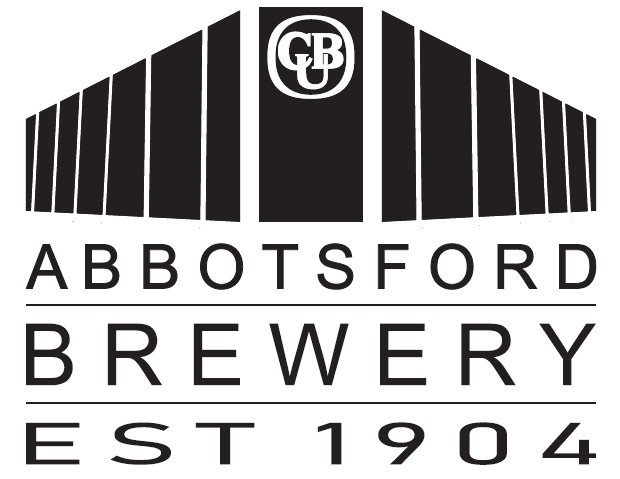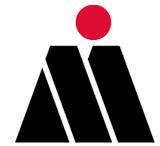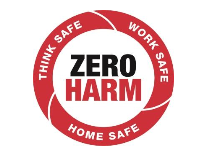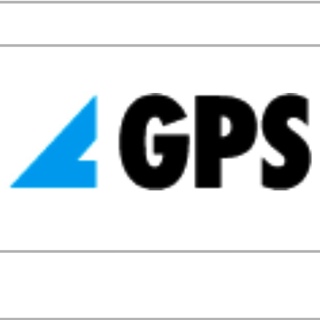Title Page
-
Conducted on
-
Prepared by
- Jeff Merchant
- Dave Egan
- Nicola Alden
- Paul Rockliffe
- Justin Dey
- Tony Ward
- Steven Mackay
- David Hind
- Michael Robertson
- Will Stanley
- Phil Orton
- Mick Dowd
- Adam Thornton
- Chris Cosgrove
- Nathan Porter
- Nathan Cullen
- Mark Egan
- Steve Carson
- Terry Miller
-
Facility
-
Audit Title
-
In relation to lighting it is important to ensure that health and safety is not compromised by switching off lights (e.g. in stairwells). Similarly in relation to saving water it is important to ensure that hygiene standards are not compromised
Audit Details
-
Area of Audit
- Offices
- Works
- Offices and Works
-
Persons Conducting Audit
- Jeff Merchant
- Dave Egan
- Nicola Alden
- Paul Rockliffe
- Justin Dey
- Tony Ward
- Steven Mackay
- David Hind
- Michael Robertson
- Will Stanley
- Phil Orton
- Mick Dowd
- Adam Thornton
- Chris Cosgrove
- Nathan Porter
- Nathan Cullen
- Mark Egan
- Steve Carson
- Terry Miller
-
Normal Hours of Occupancy
-
Normal Days of Occupancy
Summary of Findings/Actions
-
Findings
-
Actions
Lighting
-
Is lighting switched off in unoccupied areas (especially toilets with extractor fans)?
-
Are lights switched off when daylight is sufficient?
-
Are light switches labelled/lighting zones identified?
-
Can main lighting be switched off and use made of desk lamps?
-
Can cleaners be encouraged to switch off lights once they have cleaned an area?
-
Are external lights turned off during the day?
-
Is failed or failing lighting reported to the management/chargehands?
Equipment
-
Are energy saving features on computers and other equipment activated (including photocopiers)?
-
Is non-essential equipment switched off overnight and at weekends?
-
Can screens and other equipment be switched off during the day (e.g. during lunch)?
-
Are kettles overfilled for hot drinks?
-
Is failed or failing equipment reported to management/chargehands?
Heating
-
Does the temperature vary much during the day?
-
Do occupants complain it is too hot or too cold?
-
Are thermostatic radiator valves set correctly? Do they work correctly?
-
Do radiators need bleeding of air to make them effective?
-
Are radiators blocked by boxes/furniture restricting air circulation?
-
If the room tends to overheat can distribution pipework be insulated?
-
Are mobile electric heaters in use?
-
If there are permanent electric heaters with individual temperature and time control, are they set correctly?
-
Are external doors and windows closed when heating is on?
-
Is faulty heating reported to management/chargehands?
Air Conditioning
-
Are local air conditioning controls set at 25ºC?
-
Is air conditioning running at the same time as heating?
-
Is it possible to reduce heat loads by closing blinds to reduce solar gain and switch off unnecessary lights and electrical equipment?
-
Are external doors and windows closed when air conditioning is on?
-
Is faulty air conditioning reported to the management?
Water Use
-
Are there any dripping taps?
-
Is there any evidence of water leaks? (e.g. wet pathways on a dry day)
-
Are kettles overfilled for hot drinks?
-
Are urinal controls in use in men’s toilets and operating properly?
-
Is water escaping from overflows either inside or outside buildings?
-
Are faulty taps, toilets, etc reported to the management/chargehands?
Other Considerations
-
Are any window panes cracked or broken?
-
Is there evidence of problems with double glazing? (e.g. moisture between panes)
-
Is there adequate draught proofing on windows and external doors?
-
Are fridge doors kept closed and are the seals in good condition?
Posters/Stickers
-
Are posters and stickers displayed in appropriate areas to encourage end users to be more efficient?
Audits
-
Would it be of benefit to have a formal energy Audit?











